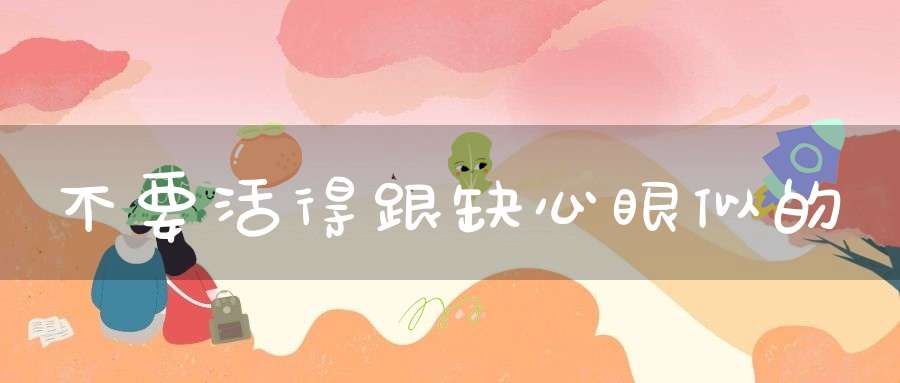聽(tīng)見(jiàn)海的聲音
,我知道我是有感覺(jué)的當(dāng)然

1.第一個(gè)故事
2.第二個(gè)故事,青草堆里
3.第三個(gè)故事,仰望夜空時(shí)
4.第四個(gè)故事
5.第五個(gè)故事,電影 重慶森林 里的嚼口香糖的短發(fā)姑娘 走了
。6.第六個(gè)故事
,毛姆寫(xiě)的 一本書(shū) 刀鋒 里的,拉里的姑娘伊莎貝爾,她把他帶到酒店門(mén)口,請(qǐng)他上去喝茶,又突然告訴他,太晚了。7.第七個(gè)故事,昨晚和某boy在學(xué)校餐廳吃飯
,感覺(jué)像是發(fā)現(xiàn)了新大陸,好評(píng)。8.第八個(gè)故事
9.第九個(gè)故事
10.第十個(gè)故事,夏天
11.第十一個(gè)故事,小說(shuō) 廊橋遺夢(mèng) 里
我在想
我還在想
那么,他會(huì)不會(huì)為一個(gè) 婦女 裝扮的紳士而又迷人
12.最后一個(gè)故事,這些歌在我看來(lái)都很動(dòng)聽(tīng)
祝相愛(ài)的人快去相愛(ài)
這次我沒(méi)有憤世嫉俗喔
你戀愛(ài)了嗎
開(kāi)場(chǎng)獨(dú)白
:
多謝,多謝你們
第一篇--
Waves of the life 生命的波紋
Sioux Indian story ...
My grandfather took me to the fish pond on the farm when I was about seven, and he told me to throw a stone into the water. He told me to watch the circles created by the stone. Then he asked me to think of myself as that stone.
"You may create lots of splashes in your life, but the waves that come from those splashes will disturb the peace of all your fellow creatures," he said.
"Remember that you are responsible for what you put in your circle and that circle will also touch many other circles."
"You will need to live in a way that allows the good that comes from your circle to send the peace of that goodness to others. The splash that comes from anger or jealousy will send those feelings to other circles. You are responsible for both."
That was the first time I realized that each person creates the inner peace or discord that flows out into the world. We cannot create world peace if we are riddled with inner conflict, hatred, doubt, or anger.
We radiate the feelings and thoughts that we hold inside, whether we speak them or not. Whatever is splashing around inside of us is spilling out into the world, creating beauty or discord with all other circles of life.
這是蘇語(yǔ)系印第安人部落中流傳的一個(gè)古老的故事……
在我七歲那年,我的祖父來(lái)到田邊的一個(gè)池塘
1.愛(ài)是一片葉子
即使是身處嚴(yán)冬,在她心中
本文地址:http://www.mcys1996.com/scgf/93677.html.
聲明: 我們致力于保護(hù)作者版權(quán)丈光芒<div id=)
的荊棘鳥(niǎo).png)
話<div id=)


睡前故事】媽媽爸爸不住一起了兒童故事.png)